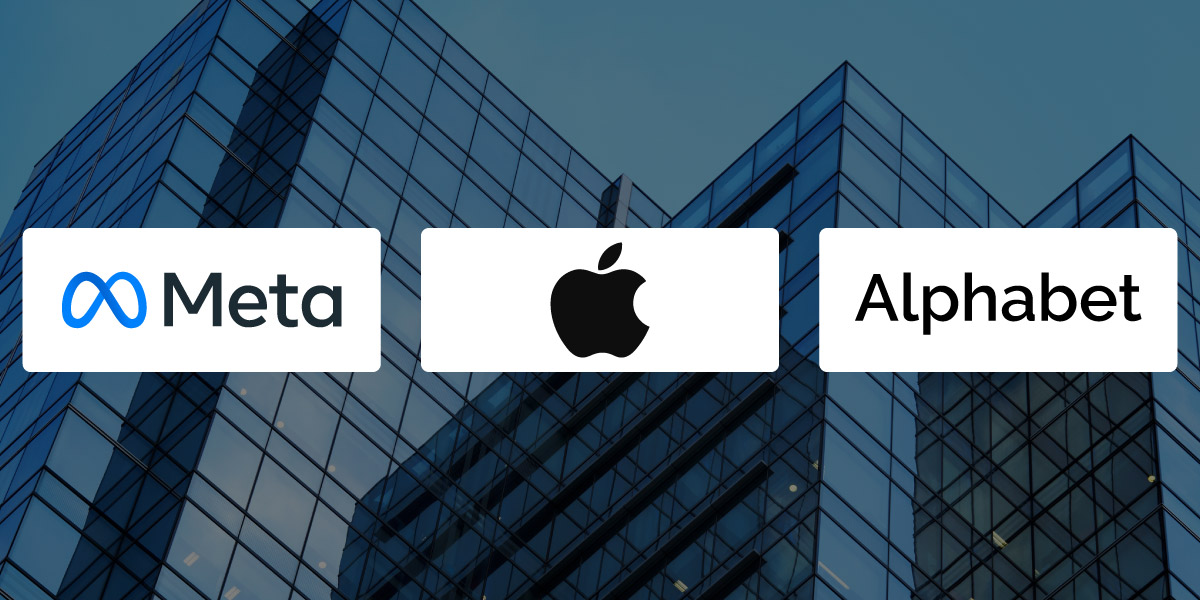
More on News
PM Modi Discusses Role of Technology in Agriculture, Education, and Health with Bill Gates
-
Team Eela
Microsoft is developing its AI server infrastructure to reduce its dependency on Nvidia’s technologies. According to a report from The Information, Microsoft is developing a new network card that could significantly enhance the capabilities of its Maia AI server chip.
Satya Nadella, CEO of Microsoft, has charged Pradeep Sindhu, co-founder of Juniper Networks, with leading the network card effort. Last year, Microsoft acquired Fungible, Sindhu’s server chip startup, which positions Sindhu to lead this initiative.
The new network card shares similarities with Nvidia’s ConnectX-7 card, a product often paired with Nvidia’s GPUs. This strategic move signals Microsoft’s intention to develop AI chips and reduce reliance on external suppliers.
While the project is underway, it’s expected to take over a year to succeed. It could streamline the training process for AI models on Microsoft servers, potentially reducing costs and enhancing efficiency. Microsoft’s substantial investment in OpenAI, the ChatGPT maker, underscores its commitment to AI development. Integrating OpenAI’s technology across its product portfolio positions Microsoft favorably in the competitive AI server market.
In November, Microsoft introduced the Maia chip, which was explicitly designed to power large language models and support AI computing. This latest initiative aligns with Microsoft’s broader strategy to enhance AI capabilities and expand its presence in the rapidly evolving technology landscape.

More on News

More on News